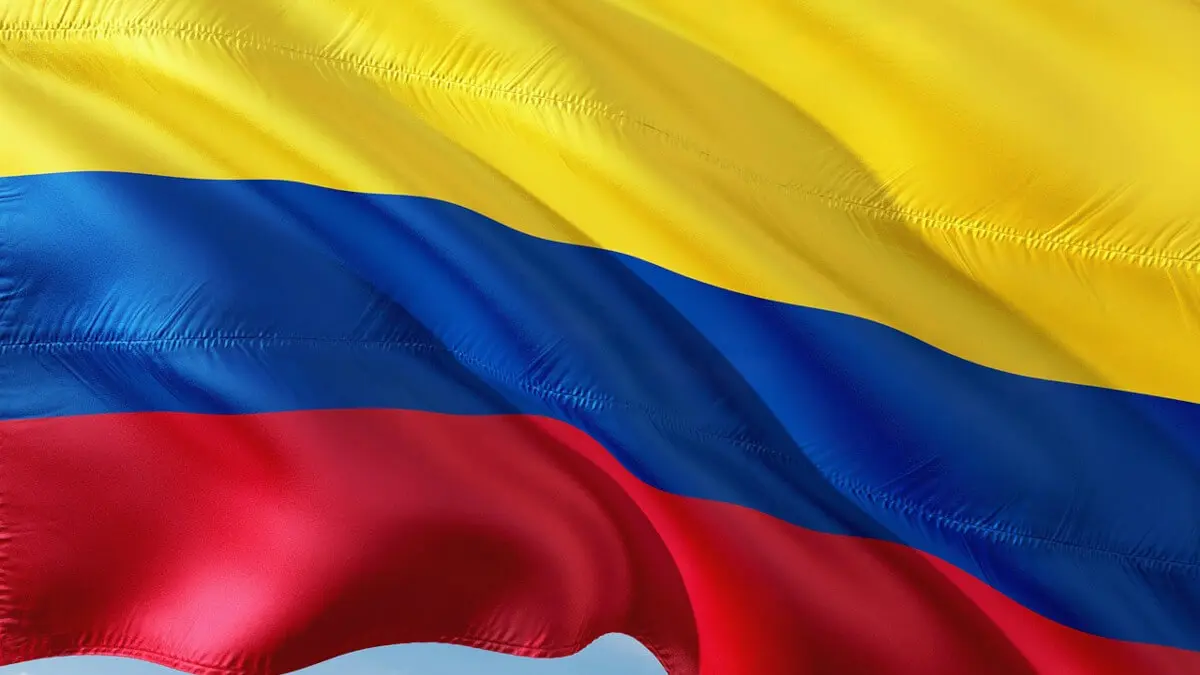Colombia and Nicaragua must negotiate a new boundary treaty

Former president Ernesto Samper Pizano argues that Colombia and Nicaragua should explore new diplomatic avenues to renegotiate a new boundary treaty in accordance with the Hague Court ruling of 2012. Nicaragua should not follow the same diplomatic arrogance that Colombian political sectors systematically opposed the renegotiations of the 1928 Esguerra-Bárcenas boundary treaty. These political sectors described the Colombians who at the time proposed direct negotiations with Managua as stateless.
The political arrogance of a large part of the Colombian political class prevented both countries from initiating a process of direct renegotiation of the border dispute when the Nicaraguan Sandinista government declared the treaty invalid. Now in Nicaragua, voices with an identical script can be heard opposing the renegotiation of a new boundary treaty. A year after the Hague ruling, Managua sued Colombia for non-compliance with the ruling, arguing that Colombians carry out fishing and patrolling activities in Nicaraguan waters. In addition, it asked the Court for recognition of the extended marine shelf and submarine delimitation in accordance with the ruling. On the other hand, Colombia counterclaimed, based on studies that indicate that there is no continuity in the Nicaraguan submarine shelf, but rather a fracture.
After the first ruling against Colombia, there have been 11 years of back-and-forth, which will have to be settled in direct negotiations on a new treaty to put an end to border disputes. A matter that can be developed under the same parameters set out in Articles 38 and 83 of the Court's Statute.
Undoubtedly, as long as the Court's ruling does not materialise in a new boundary treaty between the two countries and this has not been ratified by the respective Parliaments of the two countries, confrontations will continue in the area. The basic issue is not the fact that the Raizal people of both countries fish in those waters, but rather the interests in the exploitation of the energy resources that exist in that area of the Caribbean Sea.
Beyond the arrogance of the politicians of both countries, fuelled by false nationalism and media calculations, a climate of cordiality, understanding and cooperation between the governments should prevail in order to find a way out of the controversies.
It is an area that forms part of the 500,000,000 km2 of the Seaflower biosphere of the Southwest Caribbean of Colombia, Panama, Costa Rica, Nicaragua, Honduras and Jamaica. It is an ancestral zone of more than three million Creole people and one of its greatest biological riches are the coral formations. It is one of the three most important in the world and can be declared a transboundary biosphere reserve.
It is clear that political radicalism, both in Bogotá in the past and in Managua at present, has not contributed and is not contributing to ending this historic border controversy. It is therefore important that the foreign ministries of both countries form a negotiating commission to begin a process of direct dialogue that will allow the ruling to be translated into a treaty. It is also important to explore mechanisms of diplomatic understanding so that the Raizal people of both countries can carry out the ancestral fishing activities that they have carried out for centuries in the area without many restrictions.
@j15mosquera

